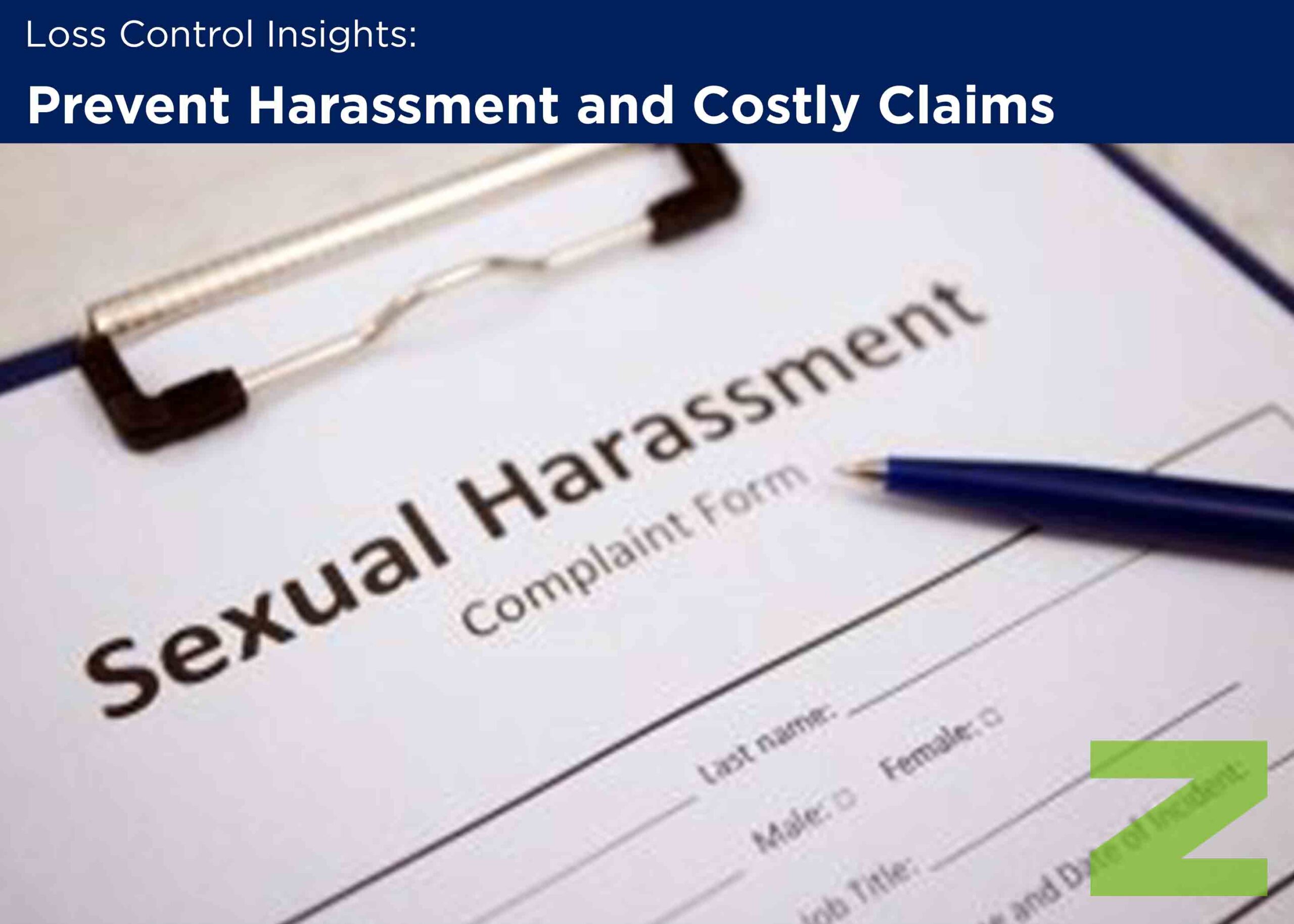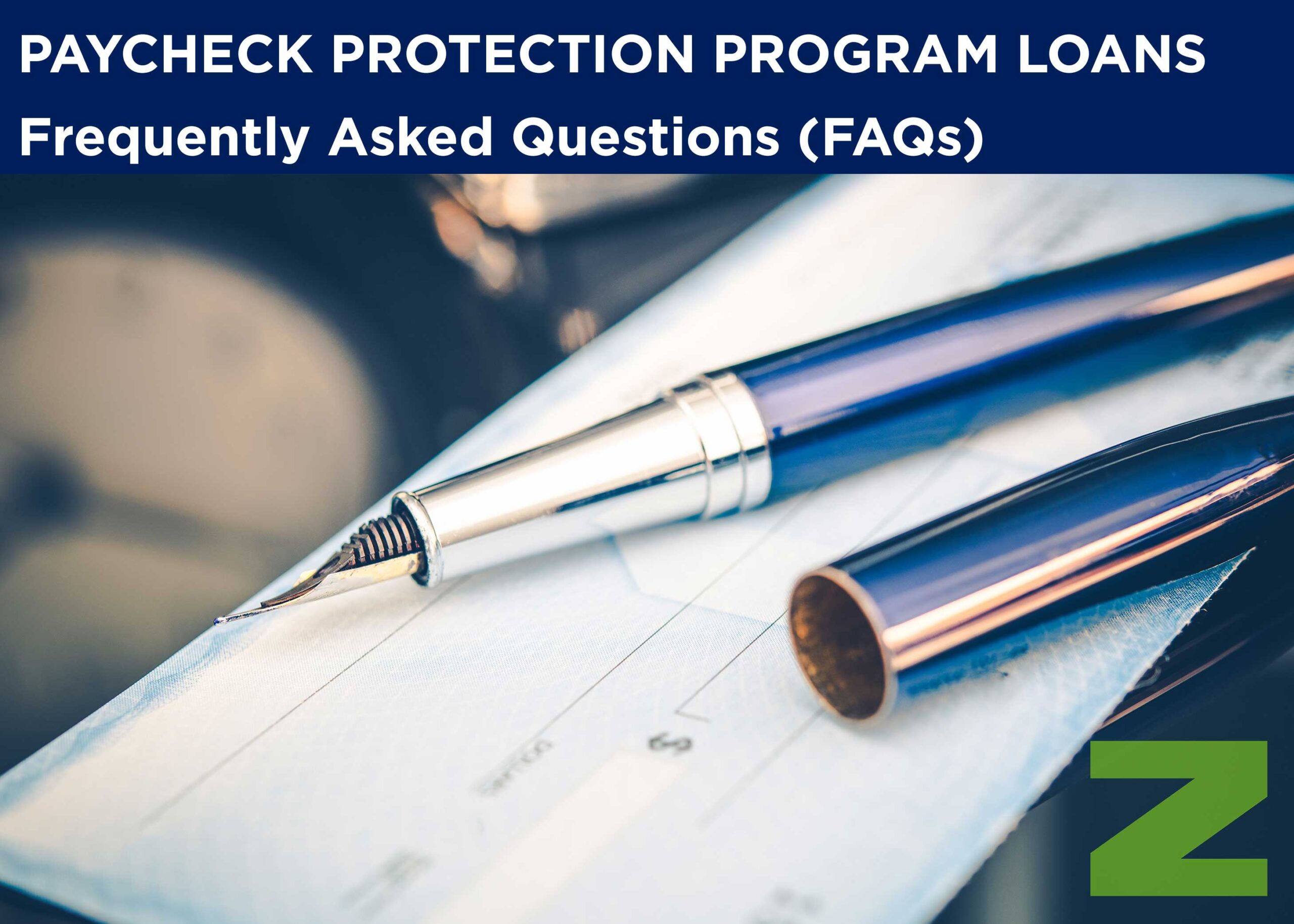Sexual harassment is a hot topic these days. Did you know that over the past year alone, more than 200 powerful people, including popular celebrities and high-level corporate executives, have been accused of sexual harassment or assault? More and more alleged victims come forward daily.
The most recent allegations were leveled against Leslie Moonves, who for years had been one of the most powerful media executives in America, serving as the chairman and C.E.O. of CBS Corporation.
Sexual harassment isn’t just a famous person’s issue, even though celebrity cases have come to dominate the headlines. It can occur anywhere in an organization. It is unlawful to harass any person in the workplace (applicant or employee) because of that person’s status in a protected class, including sex. Harassment can include “sexual harassment” or unwelcome sexual advances, requests for sexual favors, and other verbal or physical harassment of a sexual nature.
Employers need to be able to address sexual harassment and address it properly. The potential financial cost to an employer who does not take this seriously is hard to calculate and goes beyond the multi-million dollar settlements or court-ordered payouts. Before the case even goes to court, unaddressed harassment can cost thousands in absenteeism, low productivity, turn over and, ultimately, damaged reputations.
State Laws
Federal anti-discrimination and anti-harassment laws cover employers with 15 or more employees. But don’t assume you are off the hook just because you are a small employer. Some states and municipalities have sexual harassment laws covering employers with as few as two employees. States’ common law may also protect employees. The bad news for smaller employers is that potential claims actually could be more damaging when the sexual harassment laws do not cover you. For instance, if an employee experienced unwanted touching and the company ignored his complaints, that employee could experience emotional stress and you could be dealing with a criminal charge of assault and battery or even invasion of privacy.
Proactive Measures You Can Take
- Make it clear that this is a workplace where harassment will not be tolerated by making sure your policies are in order. Create a workplace policy that defines unlawful harassment and sexual harassment, and review it regularly. The workplace policy should provide clear guidance for reporting any harassment that may be experienced or witnessed. It should state that investigations of all claims will be done in a timely manner and will be confidential to the extent possible. It should also assure employees that retaliation against those who report harassment or those who participate in the investigation will not be tolerated. Having a policy that establishes zero tolerance for sexual harassment in the workplace can change the workplace culture to one that promotes respect, equity, and civility. It must start at the top of the company. Leaders must set the example.
- Do not allow sexual jokes, innuendo, sexually inappropriate comments, or touching. The workplace culture should reflect civility and respect and promote support for its employees.
- Close gaps in gender equity. Sexual harassment isn’t really about sex; it’s about power. Research suggests that when women are underrepresented in the workplace, they are more vulnerable to sexual harassment.
- Provide training on sexual harassment that is more than a one-time session. Training should be part of a proactive program that is about the prevention of harassing and abusive conduct, not the prevention of a sexual harassment claim.
- Remember, employers have the responsibility to take each complaint of sexual harassment seriously and investigate without retaliating against the victim or the accused.
Ideally, you want to PREVENT the harassment. But, if it happens, you want to END it as soon as possible.
Don’t Forget EPLI
Proper training and consistent application of a clear, thorough policy will go a long way toward preventing harassment in your workplace. But you don’t have to stop there. Unfortunately, even the best policy cannot guarantee that you will never experience a claim. Since even one claim can be devastating, many companies are taking another step to protect their bottom line by purchasing insurance, including employment practices liability insurance (EPLI). EPLI can cover most costs associated with employment lawsuits, including harassment, discrimination, wrongful termination and other suits that allege a possible violation of an employee’s rights. If you would like more information about EPLI coverage, let us know.





